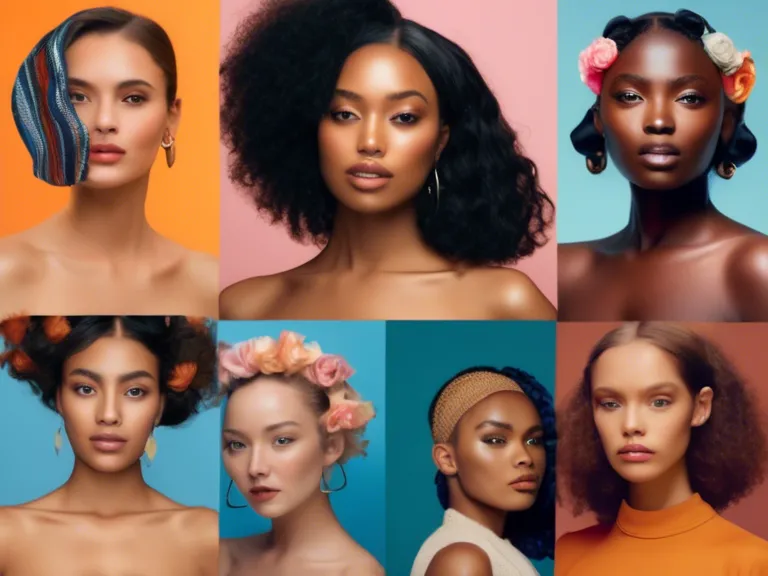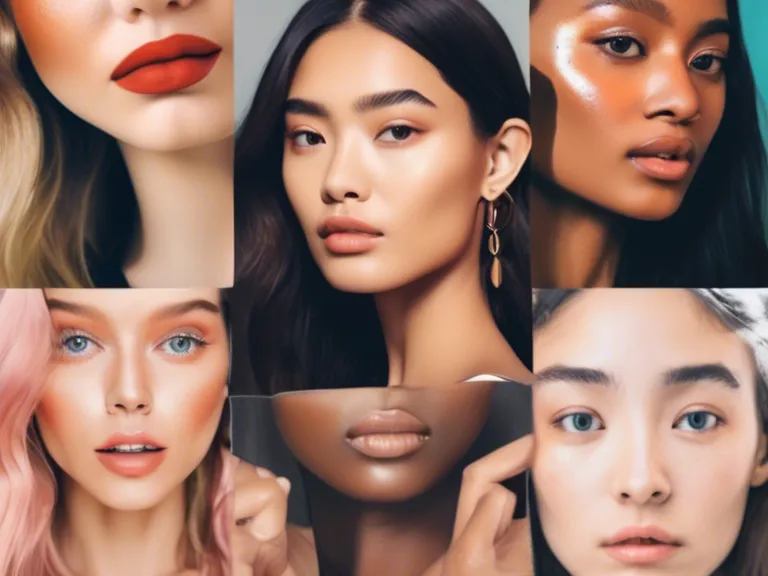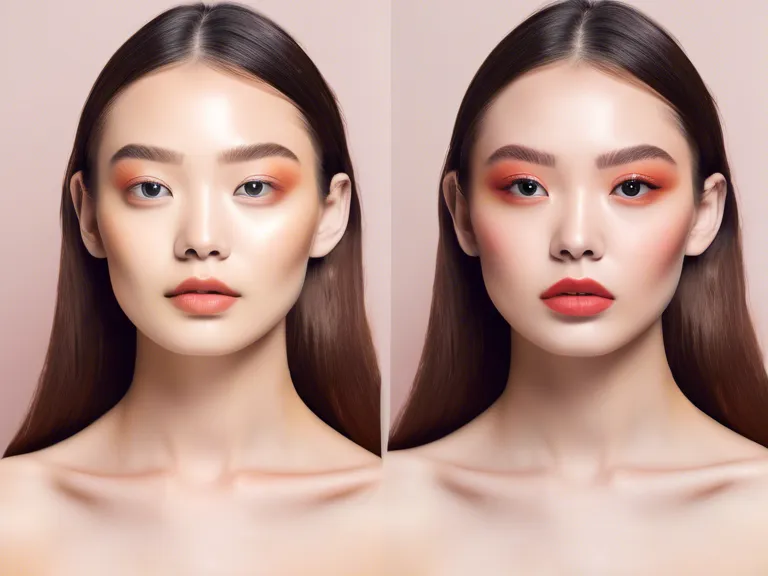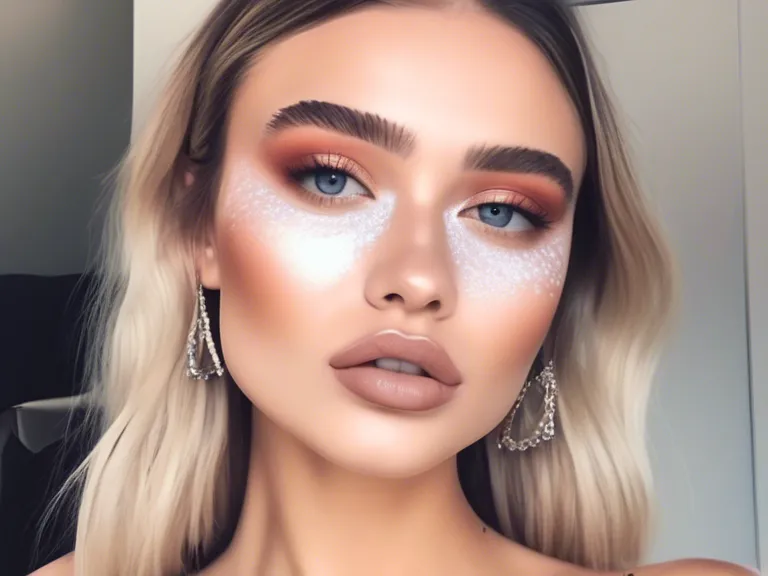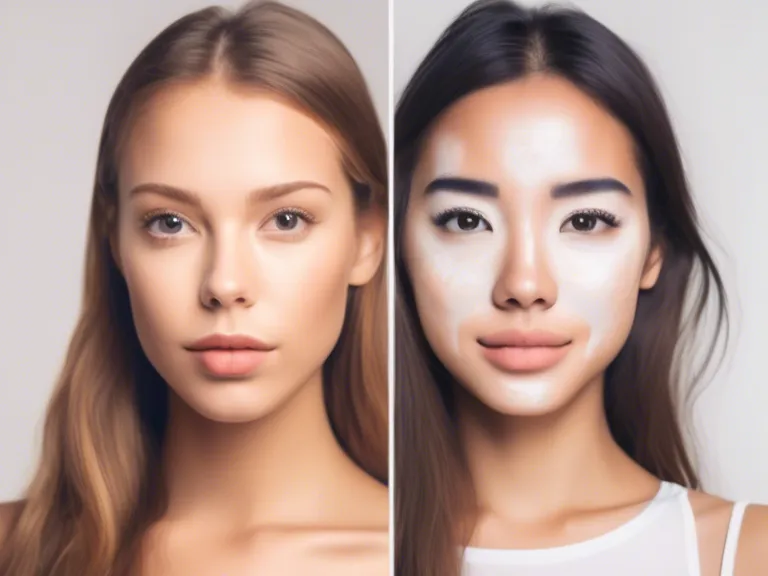
In today's digital age, beauty filters have become a ubiquitous tool in the world of social media. These filters, which can change facial features, smooth skin, and enhance appearance, have raised concerns regarding their impact on self-esteem, particularly in young people. When considering the influence of beauty filters on self-esteem, it is important to take into account cultural perspectives, as perceptions of beauty vary greatly across different societies and cultures.
Cultures around the world have different standards of beauty, and the use of beauty filters can reinforce these standards or create new ideals to aspire to. In Western cultures, for example, there is often an emphasis on youthfulness, symmetry, and flawless skin. Beauty filters that enhance these features may lead individuals to feel inadequate or insecure about their natural appearance. On the other hand, cultures with different beauty standards may find filters that alter facial structure or skin tone to be jarring or unappealing.
Moreover, the prevalence of beauty filters in social media can create a distorted sense of reality, as individuals compare themselves to filtered images that may not accurately portray the true diversity of human appearances. This can lead to feelings of inadequacy or a constant need to live up to unrealistic beauty standards.
From a cultural perspective, the impact of beauty filters on self-esteem can vary significantly. In some cultures, the use of filters may be seen as harmless fun or a way to enhance one's appearance for social media. In others, it may be viewed as perpetuating harmful beauty ideals or promoting an unattainable standard of beauty.
In conclusion, the impact of beauty filters on self-esteem cannot be understood without taking into account cultural perspectives. By recognizing the diversity of beauty ideals around the world and the influence of social media on shaping perceptions of beauty, we can better understand how beauty filters impact self-esteem in different cultural contexts.
